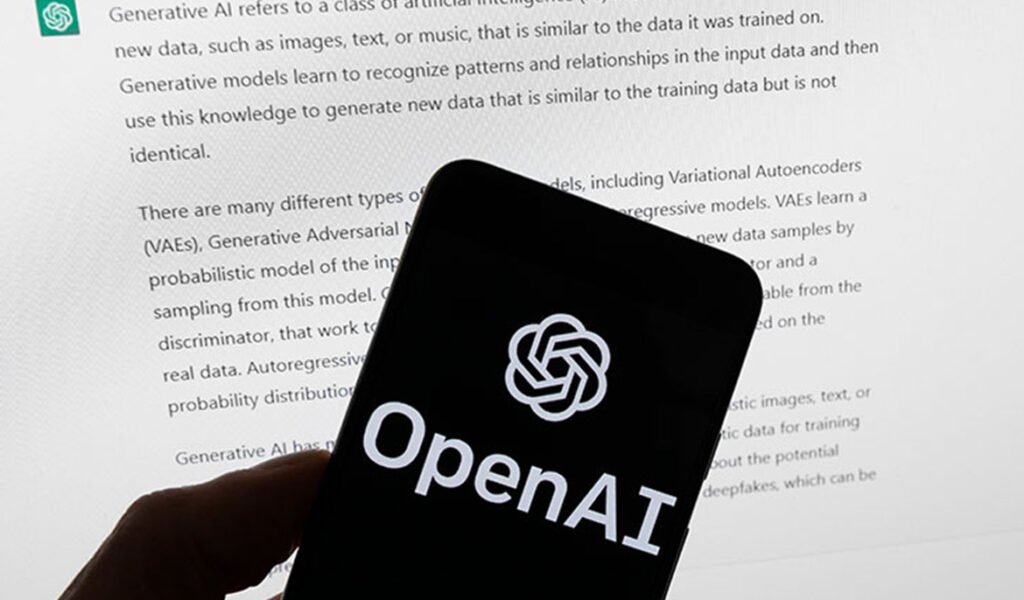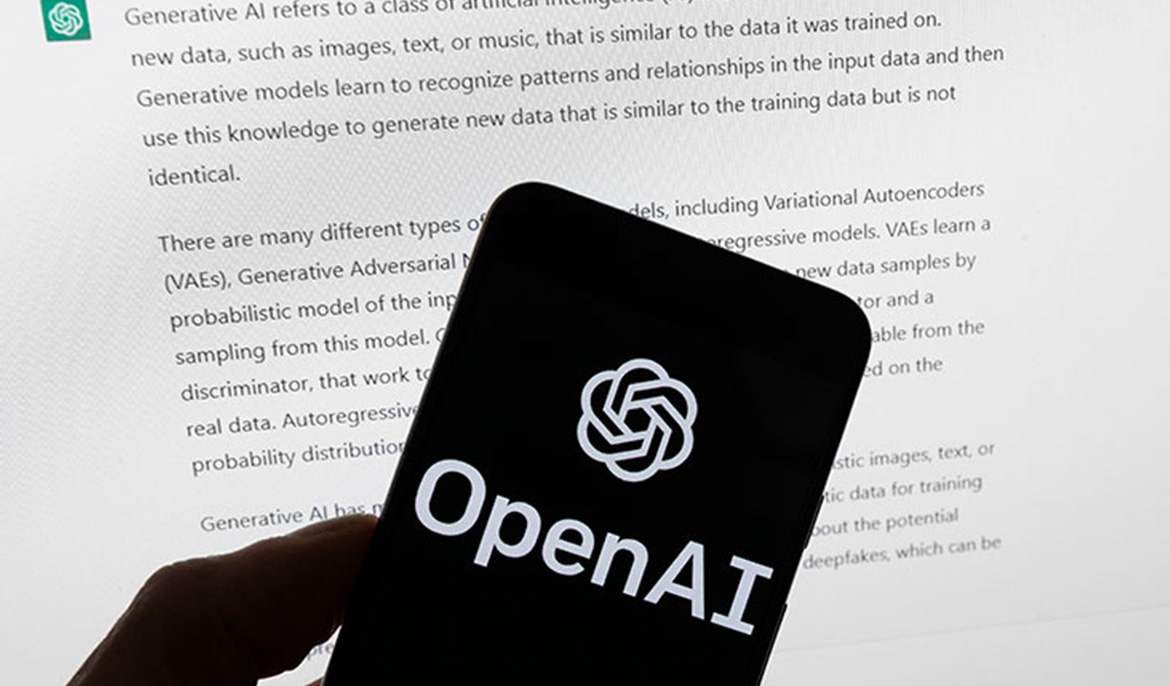Artificial intelligence (AI) continues its dominance in the technology sector with its soon to be unveiled software innocuously named Sora. Sora is Open AI’s text-to-video generator with immense prospects for businesses in Cambodia across sectors.
Nigel Miranda, Director, epenh.com described Sora as “a tremendous opportunity to express content in video format. We are presently using similar tools with a blend of AI and other video editing and framing software. We see a lot of opportunities from content-creating videos, to prom videos to advertising to explaining our products and service to the end user. This will give us the edge in our marketing campaigns and content creation.”
Sora can generate high-quality video ads based on textual descriptions, potentially saving businesses time and resources compared to traditional video production methods, said Kishore Kumar Muniswamy, Head of IT Department, Chief (Cambodia) Commercial Bank Plc. This is particularly beneficial for smaller businesses with limited budgets, he added.
“For creative content generation, or other relevant features, businesses in various sectors, including technology, marketing, and content creation, might find it useful,” felt Pirun Seng, Chief Technology Officer, Codingate Technology Co., Ltd.
The biggest risk is loss of jobs, said Miranda. “Also, the content and video production is dictated by AI. There is no room for creativity and everything is done by AI tools based on requirement. Imagine you can make a complete movie just sitting in front of your laptop with a few editing and restructuring tools,” he added.
Kishore pointed out that businesses can generate targeted video content catering to specific demographics or regions, enhancing the effectiveness of their marketing campaigns. “Sora can be used to create product demonstrations and explainer videos using text descriptions, improving product understanding and engagement with potential customers,” he added.
However, Pirun was quick to caution that “potential drawbacks of AI services can include ethical concerns, bias in the model, data privacy issues, and the need for significant computational resources”.
With Sora, the content industry audio, video and text will take the transformation of digital technology to new levels, said Miranda. “The technology will enable any business to create its own content and video with a few text structure words. In fact, 4 K video-gen AI will be a big revolution in itself. Technology will make video content easy to work with and apply to our daily lives,” he added.
Sora could also prove invaluable in the arena of education and training in developing educational content. “Educational institutions and organizations can utilize Sora to create engaging and interactive learning materials, potentially making education more accessible and visually appealing for students,” Kishore said. Another area that could benefit is language learning where Sora can be used to generate videos with text overlays in different languages, facilitating language learning and promoting cultural understanding.
Media and entertainment could greatly benefit too in terms of creating storyboards and concept art. “Filmmakers and animators can leverage Sora to generate storyboards and concept art based on their textual descriptions, streamlining the pre-production process,” said Kishore.
Asked to visualise the scenario ten years from now, Pirun said, “It could potentially be more advanced, with improved capabilities, increased integration into various industries, and perhaps a broader range of applications.” Miranda believes that this technology “will revolutionize the way we view the World and the way we see video, audio and other represented media content. The final words from Kishore were, “Focus on responsible use, transparency and user control.” khmertimeskh



